Enhancing entrepreneurial competencies through experiential and reflective BETA module at Singapore polytechnic
Published in Education and Business & Management
Explore the Research
Enhancing entrepreneurial competencies through experiential and reflective learning: a comparative study of the BETA module at Singapore polytechnic
Forget classroom lectures and fictional case studies. Singapore Polytechnic's Business Essentials through Action (BETA) module immerses students in the fast-paced world of entrepreneurship.
Learning here is a year-round adventure; teams don’t just study business, they construct it.
Why BETA?
BETA Experience: Subverts the traditional classroom model.
Students become founders and entrepreneurs who build their companies from ground up. This real-world approach teaches students to recognize problems, form partnerships, and navigate the various processes and complexities of bringing a product or service to market.
This approach not only enables students with business skills, but essential soft skills: communication, collaboration, and creative problem-solving, among others.
More Than a Simulation: Resilience and the Entrepreneurial Mindset
BETA is not a one-off exercise. It’s an ongoing investment where students learn the successes and the challenges of entrepreneurship. Through these experiences, they learn resilience, adaptability, innovation and a proactive approach — which are the core traits of successful entrepreneurs.
Preparing Students for the Future of Business
The vast scale and ever-accelerating progress of the world of business implies that theory is vastly insufficient. BETA teaches students the practical skills, the entrepreneurial mindset, and the lifelong learning mindset required to be successful in any career path they pursue. It’s a recognition of the power of experiential learning and a catalyst for tomorrow’s business leaders.
Central to BETA’s pedagogical framework is the introduction of the A.R.T. (Act, Reflect, and Transform) framework by the School of Business (see Fig. 1).
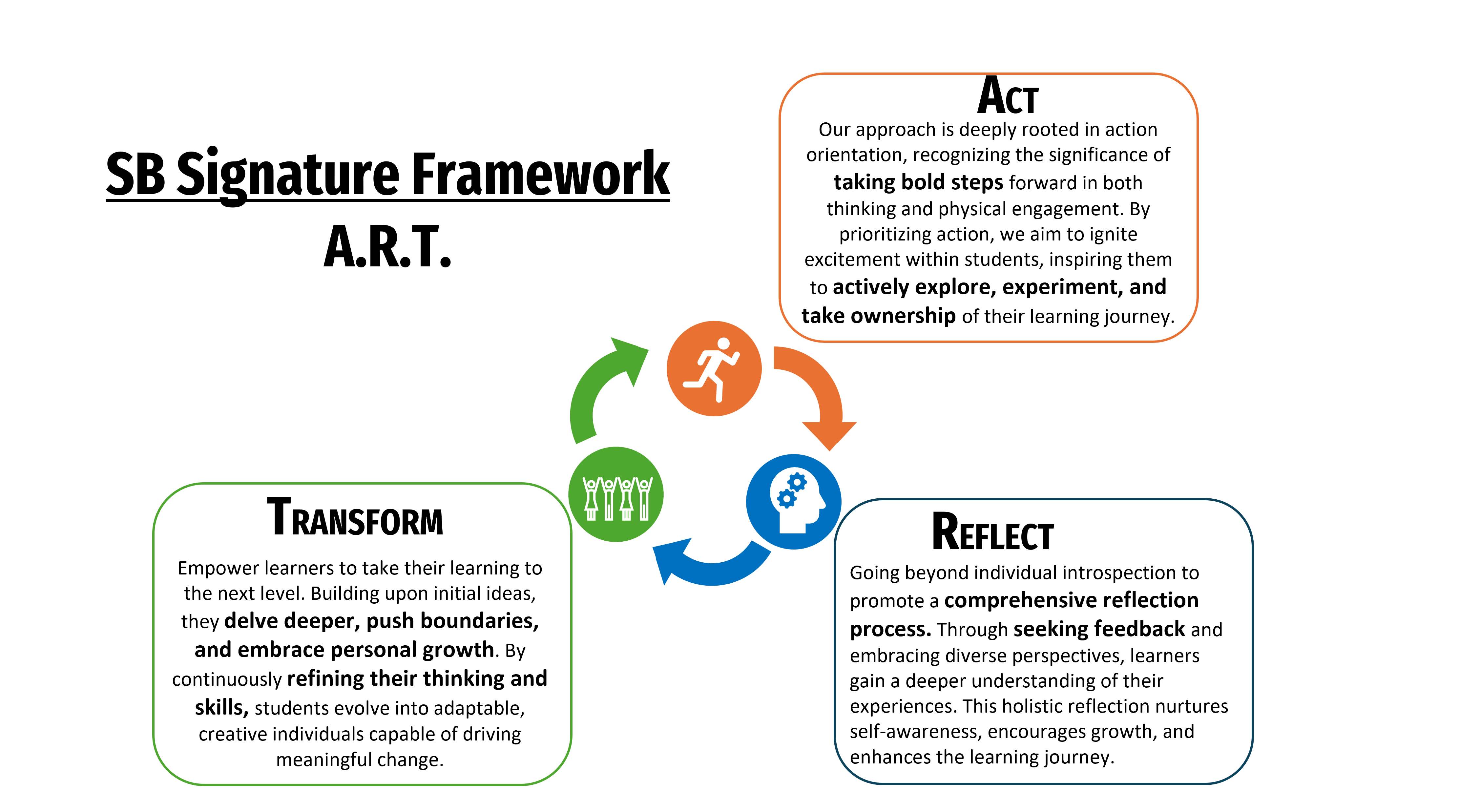
In the ART Framework, learners actively engage in new activities such as launching a venture and providing direct exposure to entrepreneurial processes crucial for self-directed learning in entrepreneurial education. This stage corresponds to the “Act” phase of the A.R.T. framework, where students are encouraged to engage actively and initiate real-world business projects.
As learners progress to the Reflective Observation (RO) stage, they analyse their experiences, gaining insights into their actions and outcomes. This critical reflection is aligned with the “Reflect” phase of the A.R.T. framework, where students assess the implications of their entrepreneurial activities, understanding their successes and failures from multiple perspectives. These stages enhance the “Transform” phase of the A.R.T. framework, where students apply and iterate on their conceptualised strategies, further solidifying their learning and ability to adapt to entrepreneurial challenges
How Did it Help Students?
To understand the effectiveness, we conducted focus group interviews exploring both participants' and facilitators' experiences.
The core objective of these interviews was to derive detailed and relevant insights into the participants' experiences with BETA. We utilised the Personal Entrepreneurial Competencies (PEC) questionnaire, which is part of The Personal Entrepreneurial Competencies (PEC) framework, as conceptualized by McClelland (1961) and further refined by Boyatzis (1982), to involve participants from both the BETA module and a non-BETA comparison group.
In total, 35 BETA students and 7 BETA facilitators gave consent to participate in this research study and the focus groups.
The determination of this sample size was guided by the concept of data saturation where additional data does not yield new information (Sim et al., 2018). This sample size was deemed sufficient to fully explore the subject matter, thus ensuring the accumulation of rich, detailed insights.
Table 1 - Interview Questions Exploring Participants' Perceptions and Experiences in BETA
|
No. |
Interview Questions for Student Participants |
Related PEC |
|
1 |
How has your experience with BETA helped to make you more proactive? Could you share some examples where you needed to be proactive in the module? |
Opportunity Seeking and Initiative |
|
2 |
How has your experience with BETA made you pay more attention to the quality of work that you produce? Elaborate. |
Demand for Efficiency and Quality |
|
3 |
How has your experience with BETA made you someone who perseveres through challenges to accomplish goals set out? Elaborate. |
Persistence |
|
4 |
How has your experience with BETA made you a better teammate? Elaborate. |
Commitment to the Work Contract |
|
5 |
How has your experience with BETA helped develop your information seeking skills? Elaborate. |
Information Seeking |
|
6 |
How has your experience with BETA influenced the way you set goals and make plans for yourself - in both academic and non- academic areas? |
Goal Setting |
|
7 |
How has your experience with BETA influenced the way you react to challenges or problems that arise? |
Systematic Planning and Monitoring |
|
8 |
How has your experience with BETA helped you to become more confident about your decisions and less worried about whether others agree with you? Elaborate. |
Independence and Self Confidence |
|
9 |
Can you tell me about a situation where BETA encouraged you to embrace uncertainty and take risks that resulted in positive outcomes? |
Risk Taking / Uncertainty |
|
10 |
How has BETA helped you enhance your communication skills, negotiate with stakeholders, or build stronger professional relationships? Can you share an example? |
Persuasion and Networking |
The discussion is organised into 10 themes that have emerged from the data analysis.
Theme 1 – Students felt a sense of ownership and emotional connection to their business ventures
As articulated by one student participant, "Because we are attached to the business, there's sort of an emotional connection to it. The investment and the duration of one year... encourage us to invest a lot of time and effort in terms of proactiveness."
Theme 2 - Influence of Grades in driving positive behaviour of students
Participants highlighted the motivational impact of graded assessments within BETA. One participant shared, "During lesson time, the teachers would hand out participation points. Knowing that they are being graded, it really encourages most students to answer the questions and voice out in classes generally.” Another emphasised the transformative effect of self-peer assessment (SPA). After the SPA, when students see that they have been graded lowly, you can see that they try to immediately become more proactive and participate more."
Theme 3 – Benefits of Collaboration and Networking beyond the classroom
One participant highlighted that there are, "a lot of opportunities to collaborate with other groups.” This collaborative approach not only diversified their business strategies but also yielded tangible outcomes, as noted by another participant, "We did gain a lot of followers and customers from these kinds of opportunities."
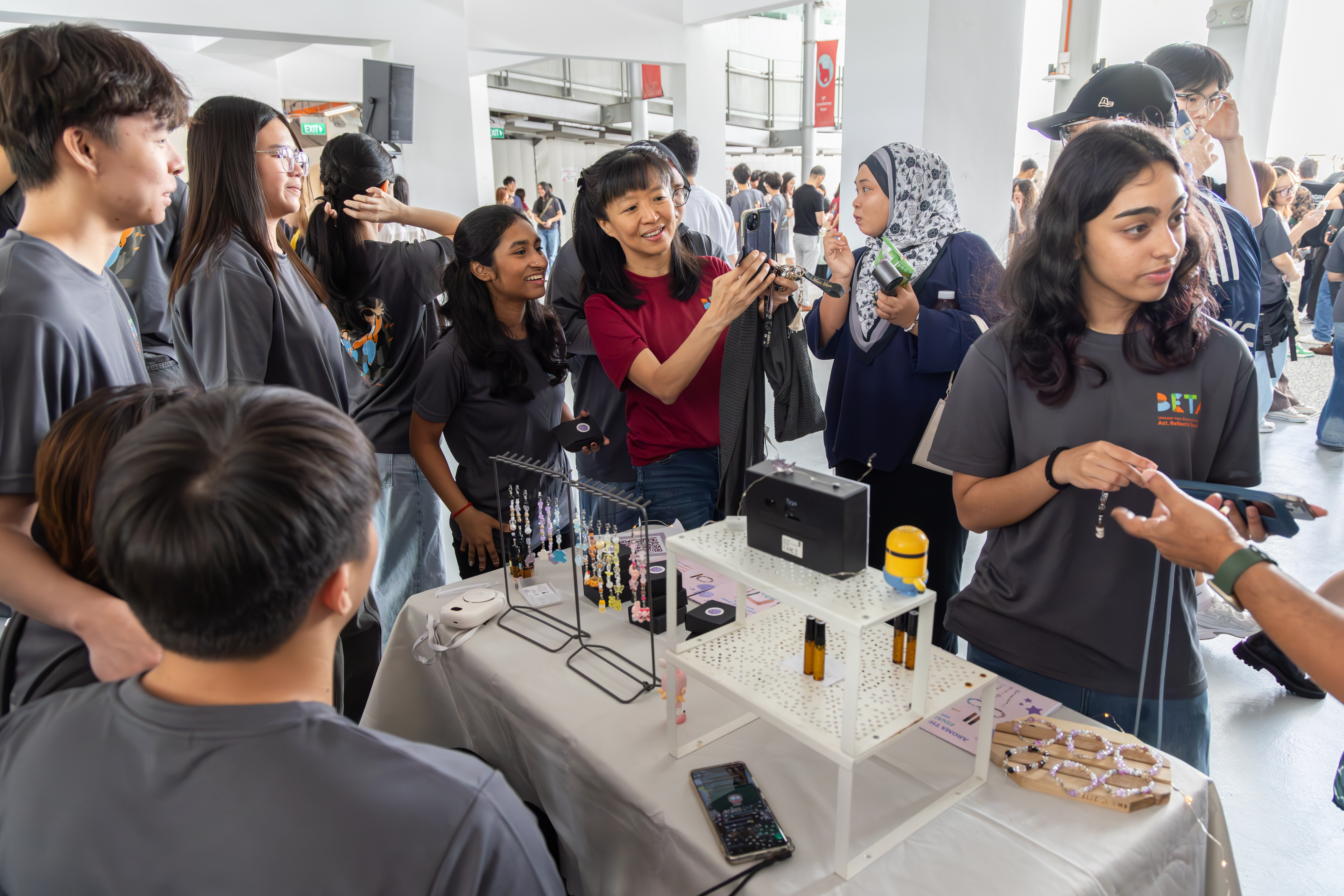
|
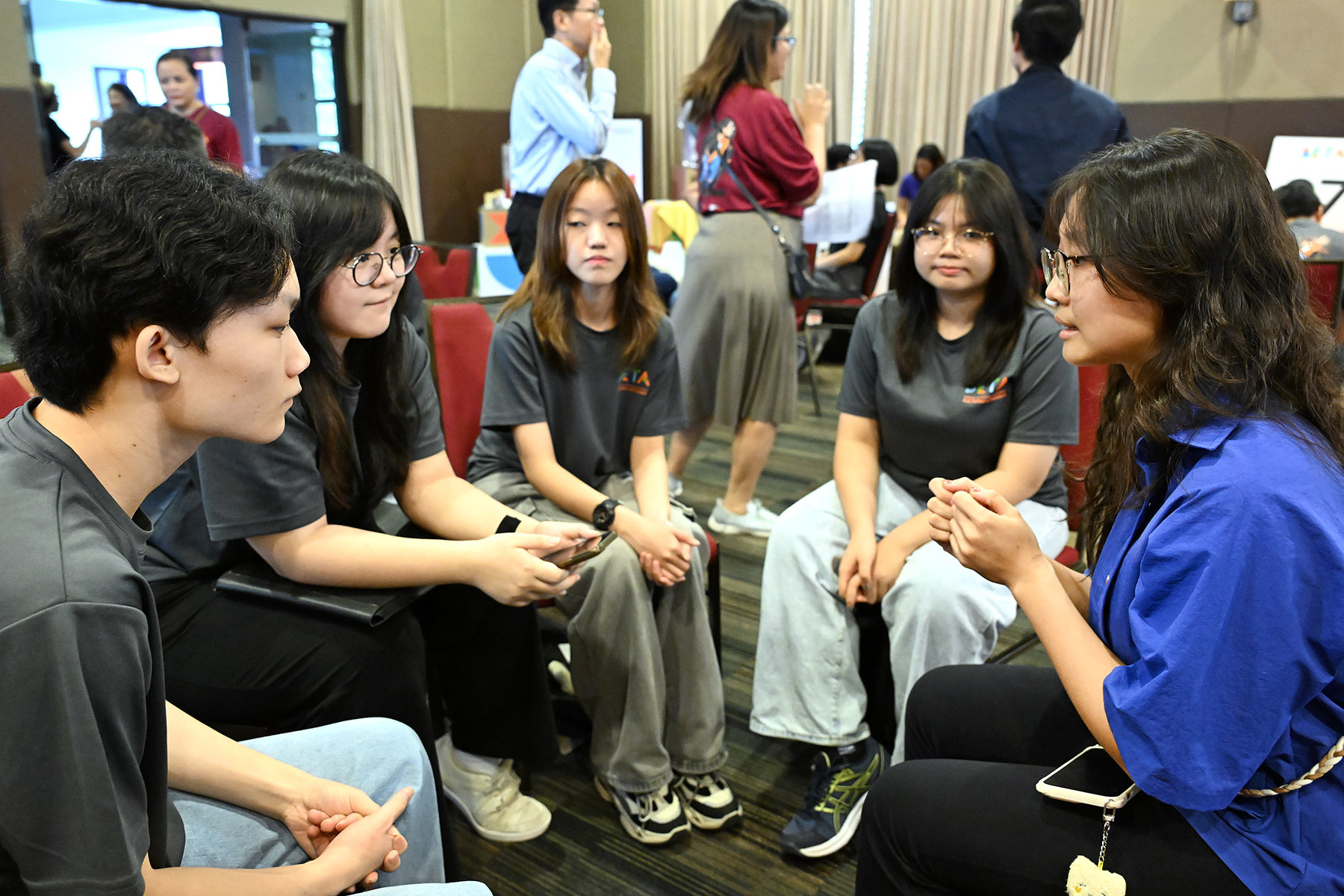
|
Theme 4 - Taking Calculated Risks
To quote one of the participants of the study, "I think it taught me more not to take risks but to take more calculated risks."
Concerns over financial accountability further tempered risk appetite, as highlighted by another participant, "I feel quite unwilling to take risks during BETA because of the $1000 fund. What if we take the risk and the money is gone?"
Theme 5 – Students Demonstrating Professionalism through Quality
Students emphasised the importance of delivering superior products and services to enhance customer satisfaction and business credibility. "We have to produce quality products and quality customer service to ensure a positive experience for our customers,"noted one participant. This dedication to quality was recognised and affirmed by others as a continuous team objective, with another participant remarking that, "The quality of the products is very important because we're selling to the public, not just friends or acquaintances."
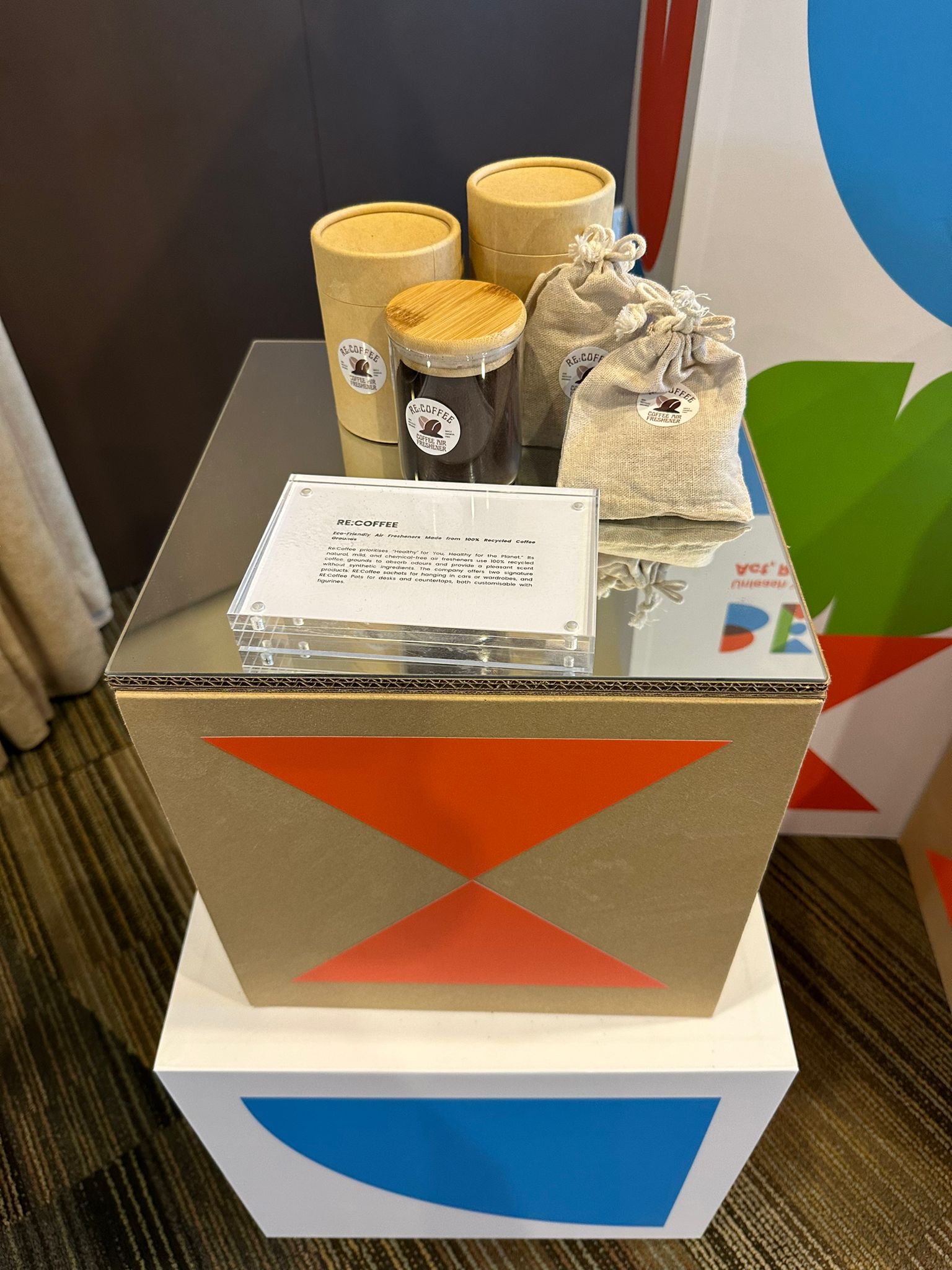
|
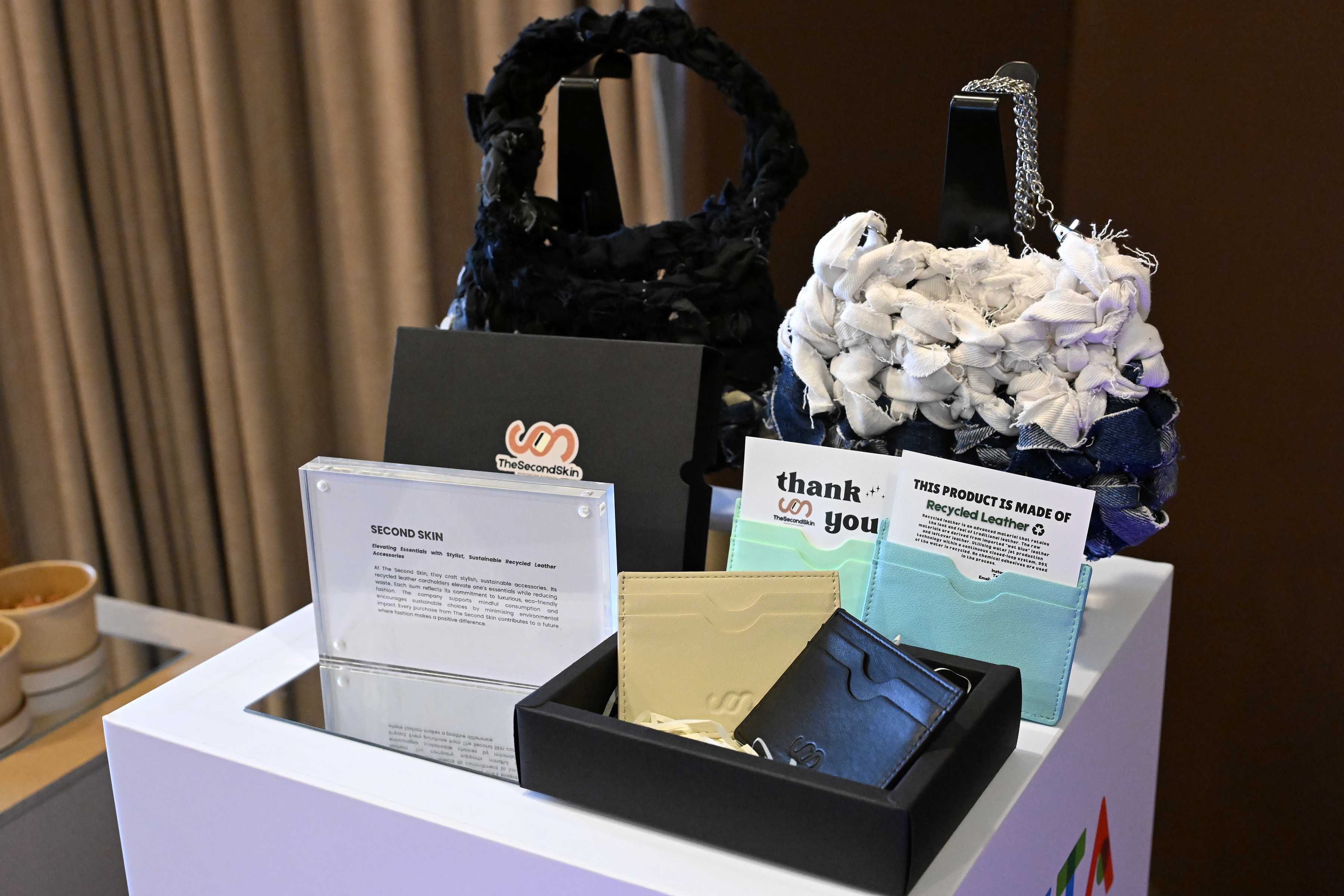
|
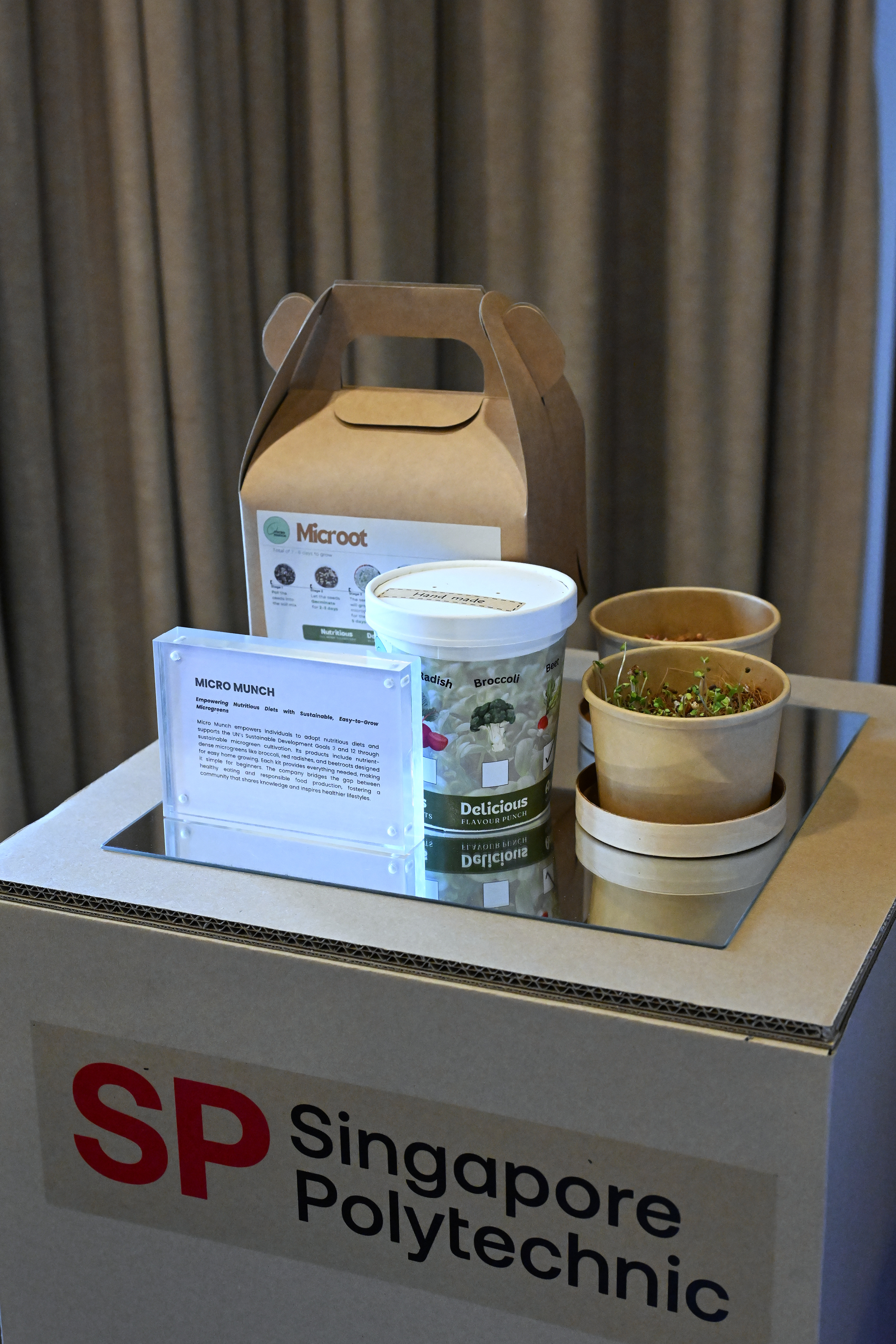
|
Theme 6 - Cultivating Resilience Through Academic Rigor
Students acknowledged that the demanding nature of the module, despite being in a controlled setting, helped to foster resilience. "BETA forces a feeling where failure or giving up isn't an option," expressed one participant. Another highlighted the imperative of meeting deadlines and overcoming obstacles, "As much as we don't want to, we have to fulfil the due dates and do what needs to be done."
Theme 7 - Teamwork and Collaboration
Students recognised teamwork as critical for achieving quality outcomes within their group projects. "Since this is a group business, my work affects everyone else's", shared one participant. Another participant highlighted the synergy gained through collaboration, stating, "BETA helped me to be more open to different perspectives and enhanced my efficiency in collaborating with teammates."
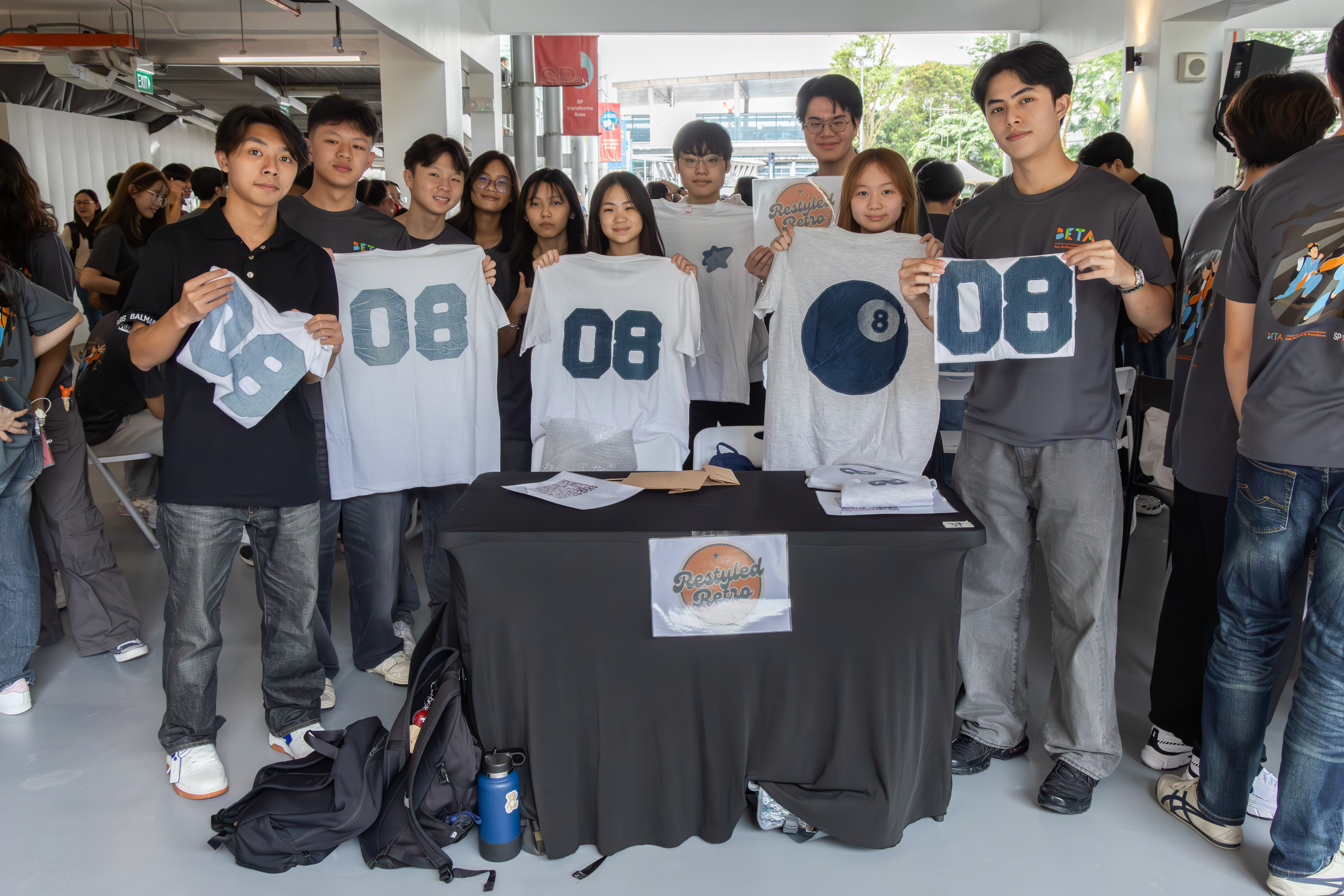
|
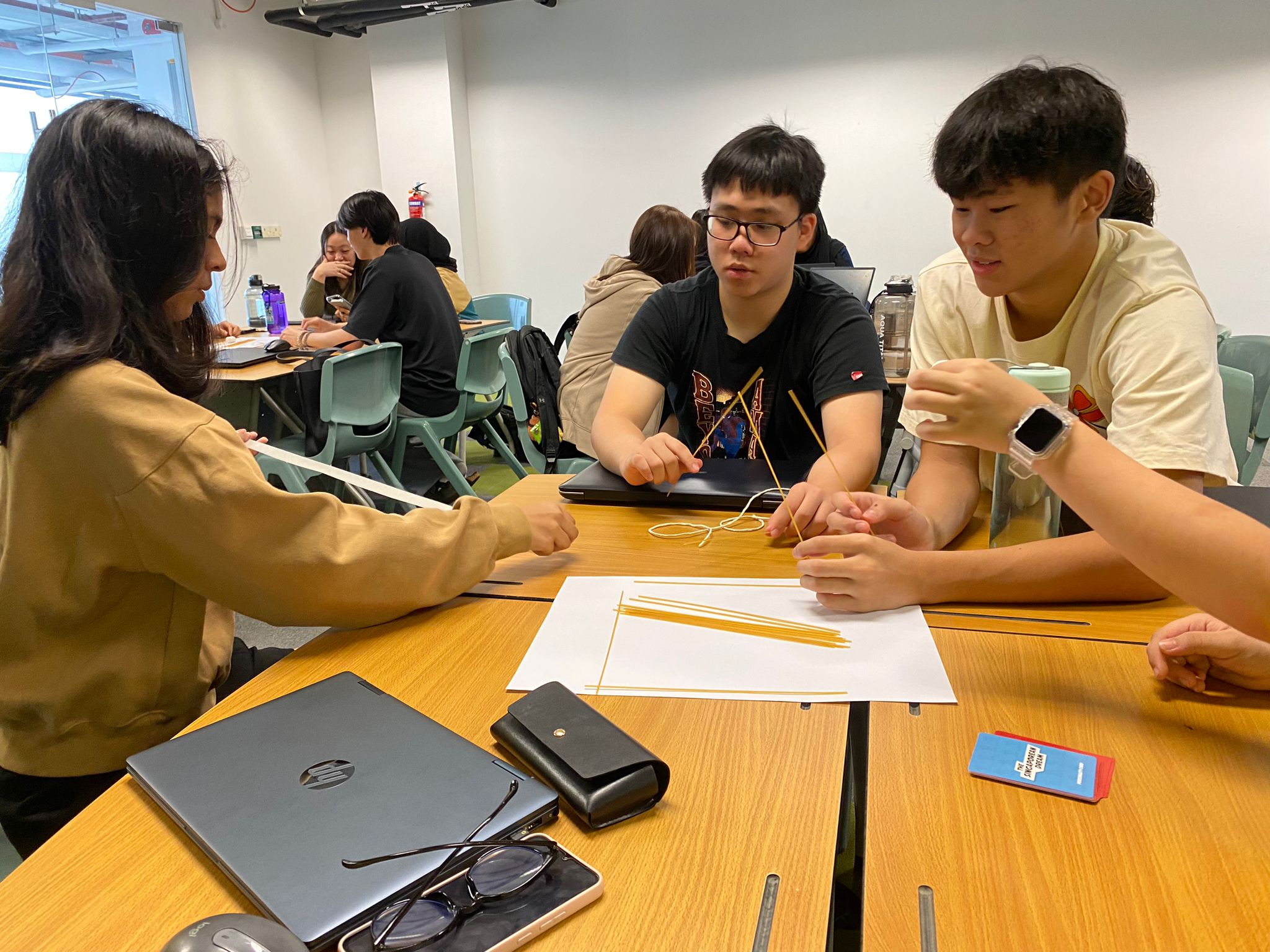
|
Theme 8 - Information Seeking for growth
"If you want to grow your business, collecting feedback from customers is essential", shared one participant.
Another participant noted, "In niche markets, employing primary data collection methods such as surveys and interviews was essential for gaining a comprehensive understanding of customer preferences and market dynamics."
Theme 9 - Being Agile in the pursuit of goals
Both student and lecturer focus group participants found the framework instrumental in guiding goal-setting processes throughout BETA. "The A.R.T template was very useful in figuring out what we should be doing each week", noted one student participant. Tutors also shared that, “The A.R.T template helps them to consider their goals and guides them to achieve it.”
Theme 10 - Development of Confidence and Independence
"BETA taught me to stand my ground and defend my ideas", expressed one student participant. "Creating content and seeing results increased my confidence and reduced concerns about external opinions."
Conclusion
This study explored the various dimensions of students' experiences in the Business Essentials Through Action (BETA) module. It is important to recognise the ethical considerations involved in working with human participants. Throughout the research, we upheld principles of informed consent, confidentiality, and respect for participants' autonomy.
The qualitative analysis of focus group interview data uncovered several key themes that contributed to participants' development.
The BETA module exemplifies a pedagogical approach that integrates academic rigour with real-world application, equipping participants with the tools and mindset necessary to thrive as entrepreneurs. As educators, we are unwavering in our dedication to advancing knowledge and practices that empower the next generation of entrepreneurial leaders.
The A.R.T frame is central to BETA’s pedagogy and something that other institutions should consider, if they aren’t already.
Please Click This Link to Read our Full Published Paper: BETA Springer Paper
Follow the Topic
-
Entrepreneurship Education

This journal is dedicated to exchanging the latest academic research and practical findings on various aspects of entrepreneurship education.
-
Higher Education

This is a leading international journal dedicated to advancing knowledge in the field of higher education studies.




Please sign in or register for FREE
If you are a registered user on Research Communities by Springer Nature, please sign in